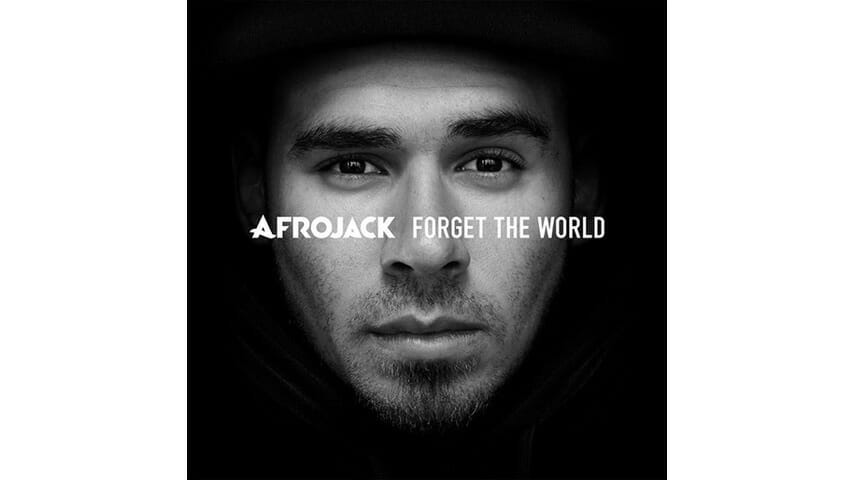Afrojack: Forget the World

For years, dance music was seen as largely incompatible with the album format—perfect for singles, sure, and lucrative club and festival sets, natch, but not always for the measured pace of a full-length record. As with any great bubble, though, the EDM explosion has gradually loosened this thinking, and as record labels try to wring every last dollar they can out of the genre, the star-powered studio album has become a ritual no DJ/producer can afford to forgo. Even Skrillex finally released a proper LP this year, as did Norwegian disco heavyweight Todd Terje, who gave his long-awaited debut a title that doubles as a nod to the new status quo: It’s Album Time.
-

-

-

-

-

-

-

-

-

-

-

-

-

-

-

-

-

-

-

-

-

-

-

-

-

-

-

-

-

-

-

-

-

-

-

-

-

-

-

-








































